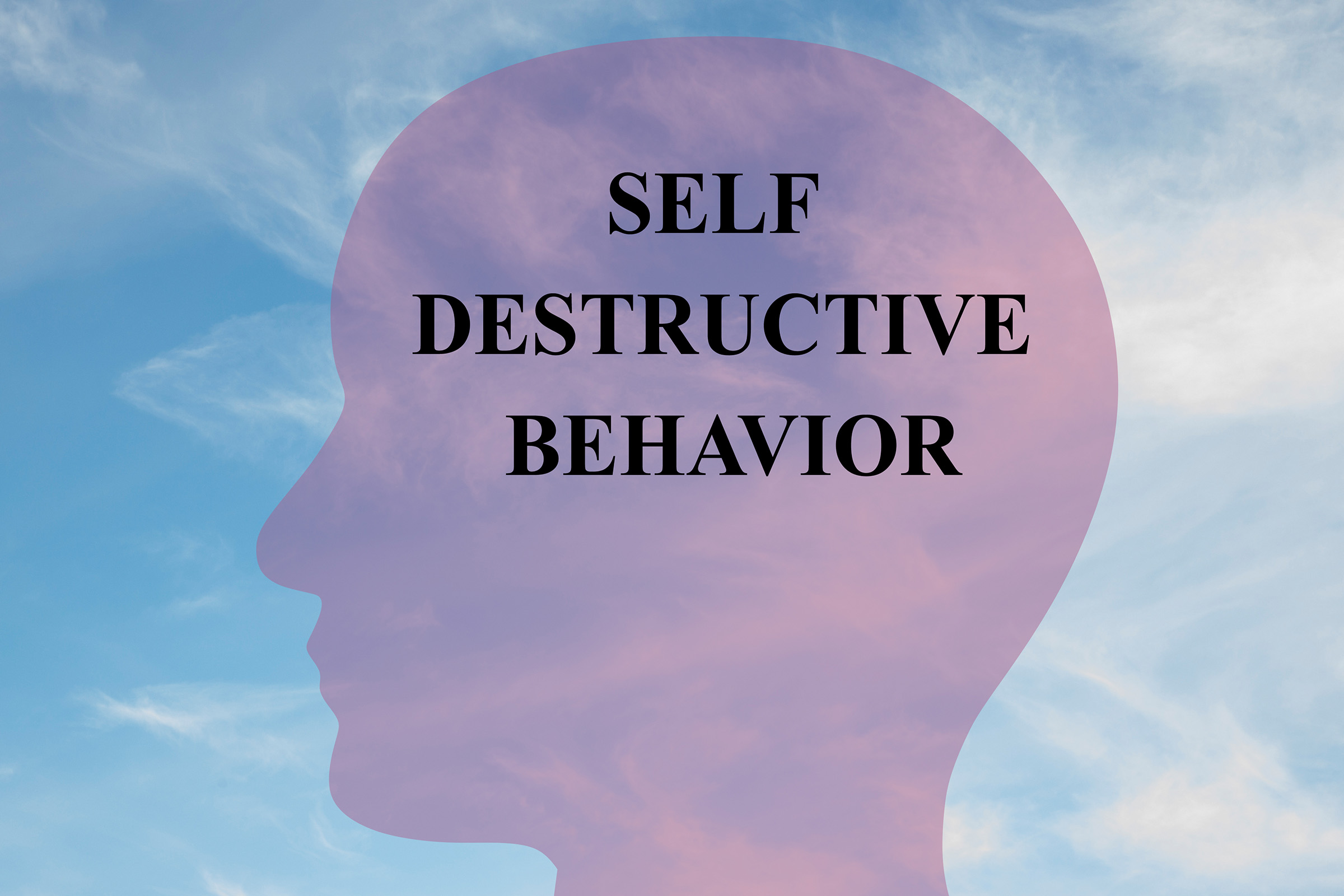Behavioral connection between mental health and substance abuse
Wednesday, November 6, 2024
What influences the choices people make? Biological, social, psychological and behavioral aspects come into play.
Ty Gregson, Oklahoma State University Extension opioid and substance misuse assistant specialist, said all behavior, even what most would consider to be an unwise choice, makes sense in context.
“It may sound unreasonable that behavior makes sense in context, but it actually means people don’t often do things that are destructive, unhealthy, unwise, risky or dangerous without reason,” Gregson said. “Behaviors are in response to something they don’t know how to resolve and often are destructive when people are the most at loss or overwhelmed. In other words, destructive behaviors are made as an attempt to solve a problem.”
There are three main issues people try to resolve through destructive behavior such as substance abuse: fitting in, finding relief and feeling wanted.
Gregson said relationships are a key part of development for teens and young adults. While discovering identity and relationships, individuals interact with other to try to discover this information while trying to fit in.
“When attempting to fit in, people may experience peer pressure. Do they succumb to peer pressure because they don’t know better, haven’t been taught other ways or are looking for help but haven’t found it? This can be an issue when there’s pressure to engage in risky behavior as adolescents are still learning,” he said.
Those who experience anxiety, depression or physical pain are searching for relief. Because these are common uncomfortable experiences, Gregson said people often attempt to eliminate the discomfort as quickly as possible. While understandable, the choices for quick relief may come with unfortunate consequences.
“While they work initially, our bodies become tolerant of most substances. This creates an unhealthy pattern because the body requires a larger dose to feel relief,” he said. “This pattern can be scary and destructive in finding relief.”
Feeling wanted is a combination of fitting in and finding relief. People build attachments with others. Healthy attachments can lead to a strong sense of self, good social skills, reduced anxiety and improved cognitive development. When attachments aren’t as strong, there can be behavioral problems, difficulty forming/maintaining relationships, struggling to focus, anxiety and engaging in risky behaviors. Gregson said people want to be loved, seen and appreciated, and when that need isn’t being met, some people make poor choices to get relief or to be seen.
People must begin to recognize when and how they are using destructive or unhealthy behaviors to manage their feelings in order to find long-lasting solutions.
“Finding people who only want the best for you is important, along with finding people you can trust to share how you’re feeling,” he said. “It’s vital to have people in your life who are willing to help you make the choices that will help you reach your potential. Healthy relationships also allow you to be that kind of person for someone else. Our goal is to be the people who provide safety, acceptance and support so all people can feel like they can reach their full potential.”
For more information or training on these principles, contact Gregson at (405) 744-3152.

